A new experiment by researchers at a British university has caused a stir in the academic world after discovering that artificial intelligence (AI) can pass university exams undetected and even score higher than real students. The results raise concerns about the integrity of higher education and raise questions about the future of unsupervised exams.
Specifically, a team at the University of Reading secretly used AI to create answers for online exams to be taken at home. They created 33 fake student identities and submitted the exam papers generated by ChatGPT-4 without editing, according to The Guardian .
The surprising result was that only one of these papers was questioned by the professor while the remaining 32 papers were graded as normal student papers, even scoring higher than average.
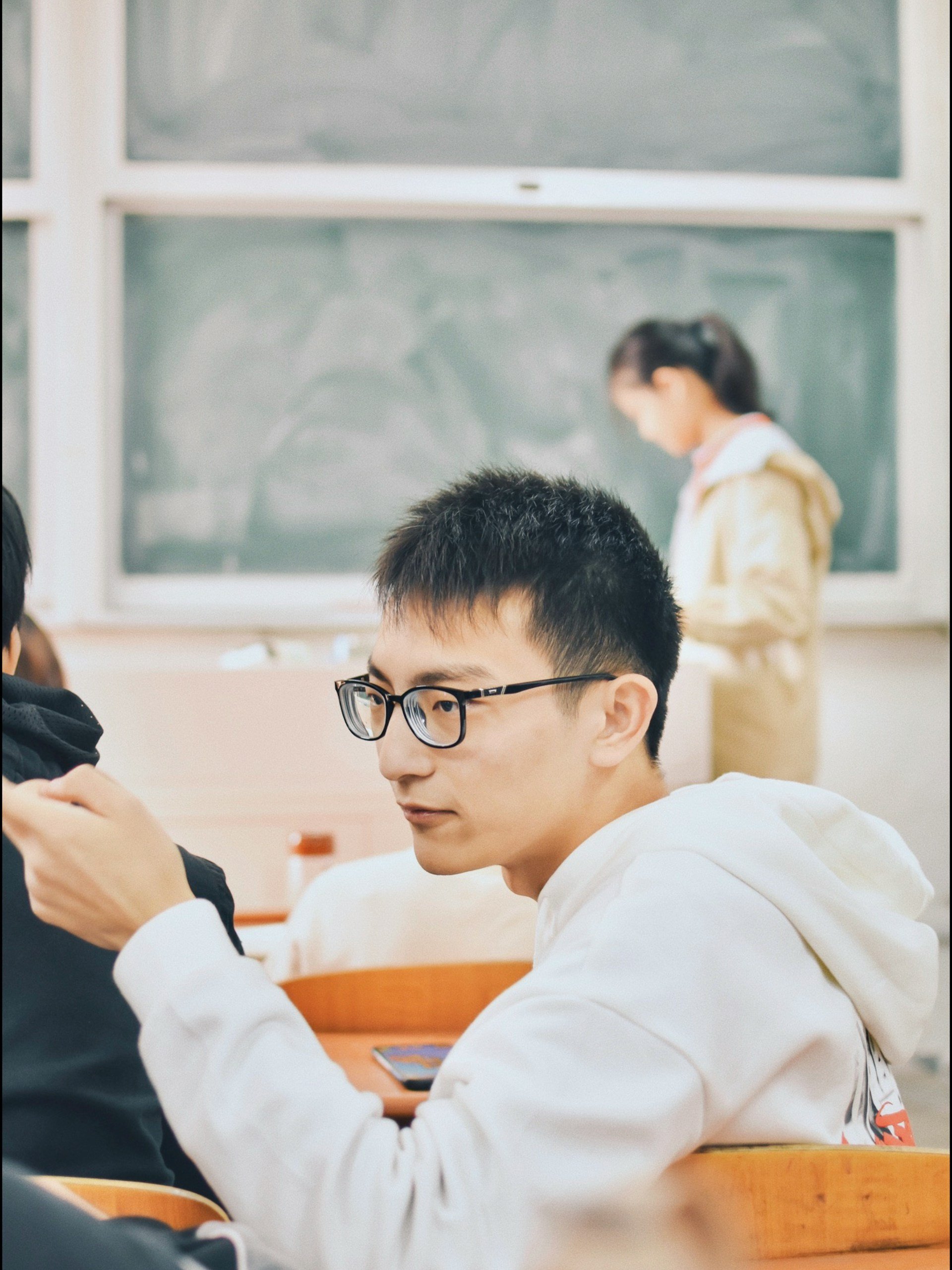
According to the research team, this shows that AI is reaching the ability to "pass the Turing test" - that is, to be able to generate content convincing enough to be indistinguishable from a human.
"We can't simply go back to traditional handwritten testing, but the global education sector will have to adapt to the rise of AI," said Dr Peter Scarfe, one of the study's authors.
Serious implications for higher education
Research at the University of Reading not only raises questions about the integrity of the education system, but also challenges the very concept of “cheating” in the age of AI.
The study is also one of the largest real-world tests of AI’s ability to bypass academic assessment systems without being detected. Professor Karen Yeung, an expert in law, ethics and informatics at the University of Birmingham (UK), said the results were a “death knell” for home-based exams or unsupervised assignments.
"Current generative AI tools allow students to cheat easily and almost undetectably. This poses a major challenge to the education system, forcing universities to find fairer ways of assessment," said Prof. Yeung.
One proposed solution is to integrate AI into teaching and assessment, rather than trying to eliminate it. Professor Etienne Roesch, a co-author of the study, said universities should set clear standards for how students use and acknowledge the role of AI in their work.
In response, the University of Reading said it was phasing out home-based exams and replacing them with other assessment methods such as exercises that apply knowledge to real-life situations or work environments.
“Some assessments will allow students to use AI but in a controlled way, helping them to practice critical thinking skills and use technology ethically. Other tests will completely exclude AI to ensure that individual abilities are accurately assessed,” said the University of Reading.
In the conclusion, the authors of the experiment pose an interesting question: “If we also used AI to write this study, would you consider it fraud? If so, how could you prove it?”.
A representative from the University of Reading later insisted that the research was entirely human-led, but the question they posed reflects a core challenge facing higher education: the line between human creativity and AI-assisted innovation is becoming increasingly blurred.

Source: https://vietnamnet.vn/nhan-33-bai-tu-sinh-vien-gia-giao-su-bi-lua-cham-diem-cao-hon-sinh-vien-that-2386208.html







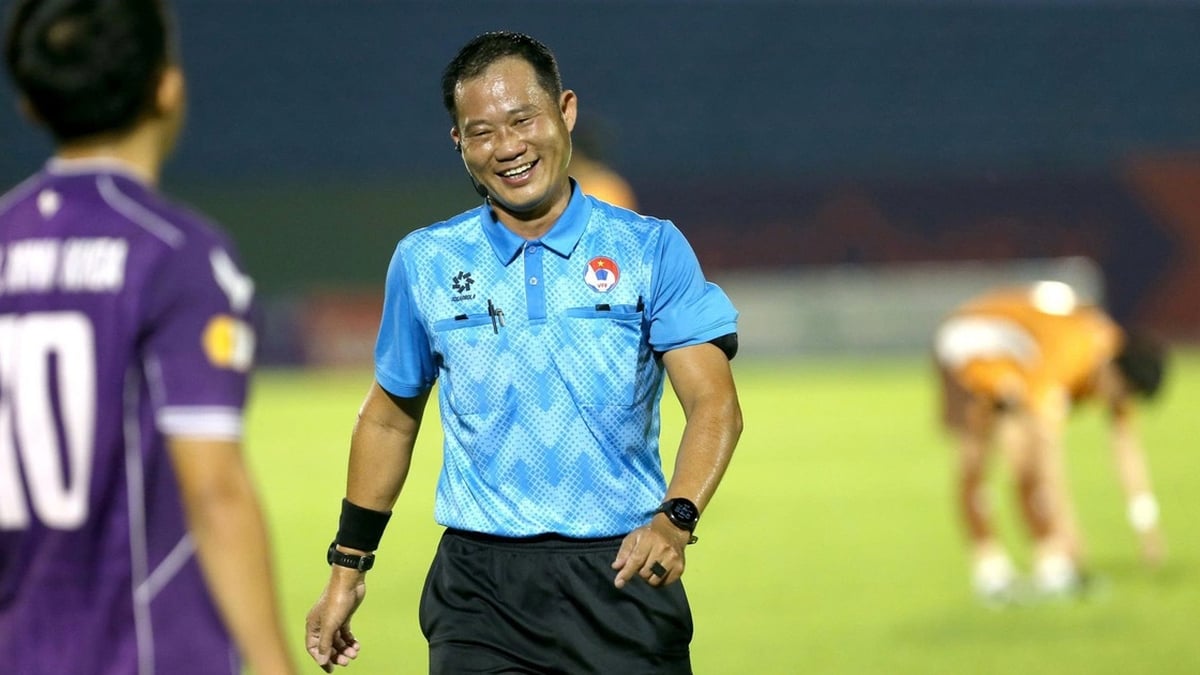














![[Photo] Nghe An: Provincial Road 543D seriously eroded due to floods](https://vphoto.vietnam.vn/thumb/1200x675/vietnam/resource/IMAGE/2025/8/5/5759d3837c26428799f6d929fa274493)
![[Photo] Discover the "wonder" under the sea of Gia Lai](https://vphoto.vietnam.vn/thumb/1200x675/vietnam/resource/IMAGE/2025/8/6/befd4a58bb1245419e86ebe353525f97)

































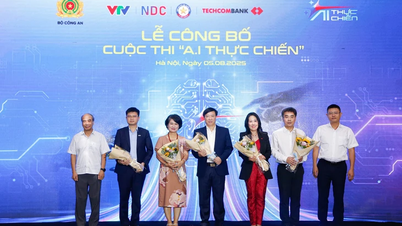
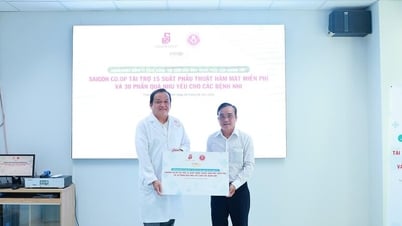













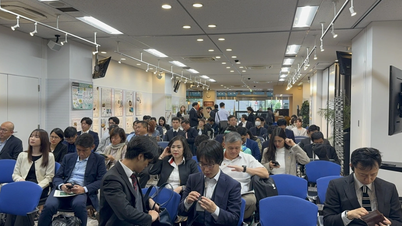
























Comment (0)